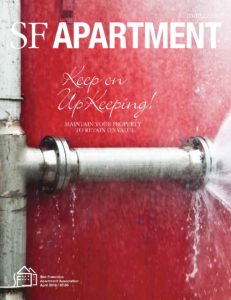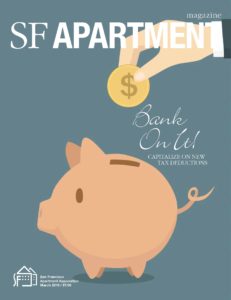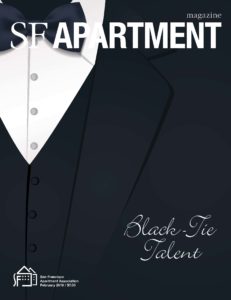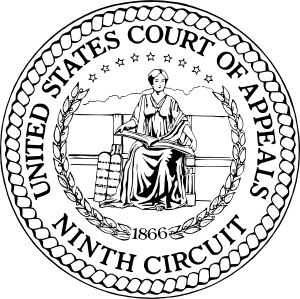
The California Supreme Court has granted review in the case Stancil v. Superior Court (Redwood City), to finally weigh in on the infamous Delta Motion to quash service of summons.
In 1983, the Second District Court of Appeal held that a motion to quash service of summons was an appropriate way to challenge the ability of a complaint for unlawful detainer to state a cause of action. The case was Delta Imports v. Municipal Court (Missimer), which led to the eponymous “Delta Motion”. As the reasoning goes, an unlawful detainer case receives a unique five-day summons (rather than the conventional thirty-day summons). Defendants generally demurrer to a complaint for failure to state a cause of action, but ordinarily, the plaintiff survives general demurrer if the complaint states a cause of action for something, even if they got the label wrong. But if a complaint fails to state a cause of action for unlawful detainer, it can’t be amended to state something else, as the cause of action is created by service of the notice.
That’s all well and good, but a motion to quash challenges jurisdiction, and there are no jurisdictional facts at issue because a plaintiff “failed to state” something, provided the defendant was properly served with a summons. And while courts have some flexibility in ruling on an improperly labeled motion, the difference between a motion to quash and a demurrer is significant. Demurrers essentially test what’s within the four corners of a complaint, but a motion to quash is an evidentiary motion. And motions to quash in unlawful detainer cases can be heard on as little as three days’ notice. So, essentially, these motions became vehicles to have mini trials on the final merits of a case, but before a plaintiff could serve discovery. Then, many tenant practitioners routinely petitioned for writ of mandate, ostensibly to review the denial, but practically as a method of stalling a “summary proceeding” for many months. The doctrine was legally fascinating but it allowed procedural abuse.
In 2015, the Second District revisited its reasoning in the case Borsuk v. Appellate Division, disapproving of the rationale in Delta Imports and opening the rule for interpretation. After all, “A decision of a court of appeal is not binding in the courts of appeal. One district or division may refuse to follow a prior decision of a different district or division.” McCallum v. McCallum (1987) 190 Cal. App. 3d 308, 316 FN.4. In a split of authority, the “dilemma will endure until the Supreme Court resolves the conflict, or the Legislature clears up the uncertainty by legislation”. McCallum, supra, 190 Cal. App. 3d at 316 FN.4.












